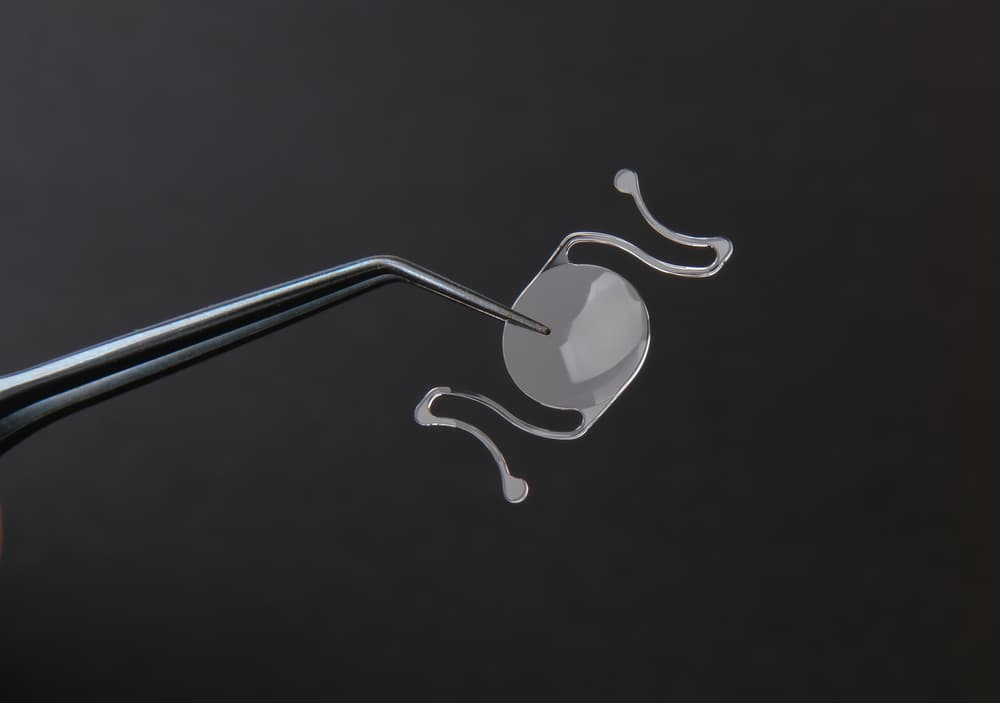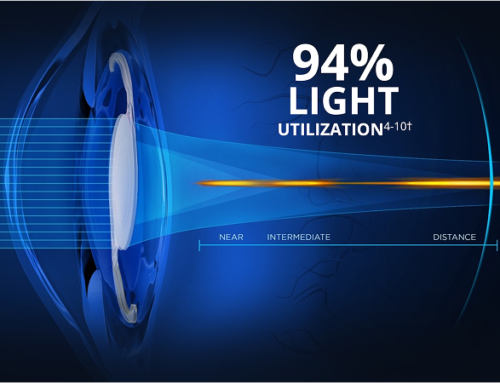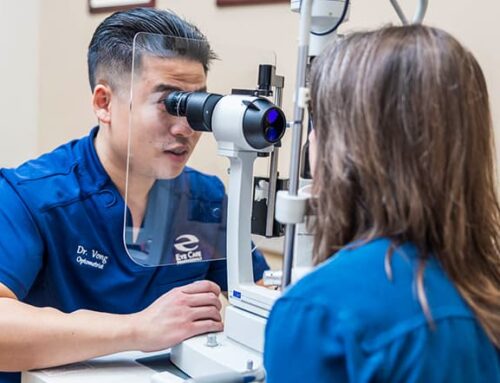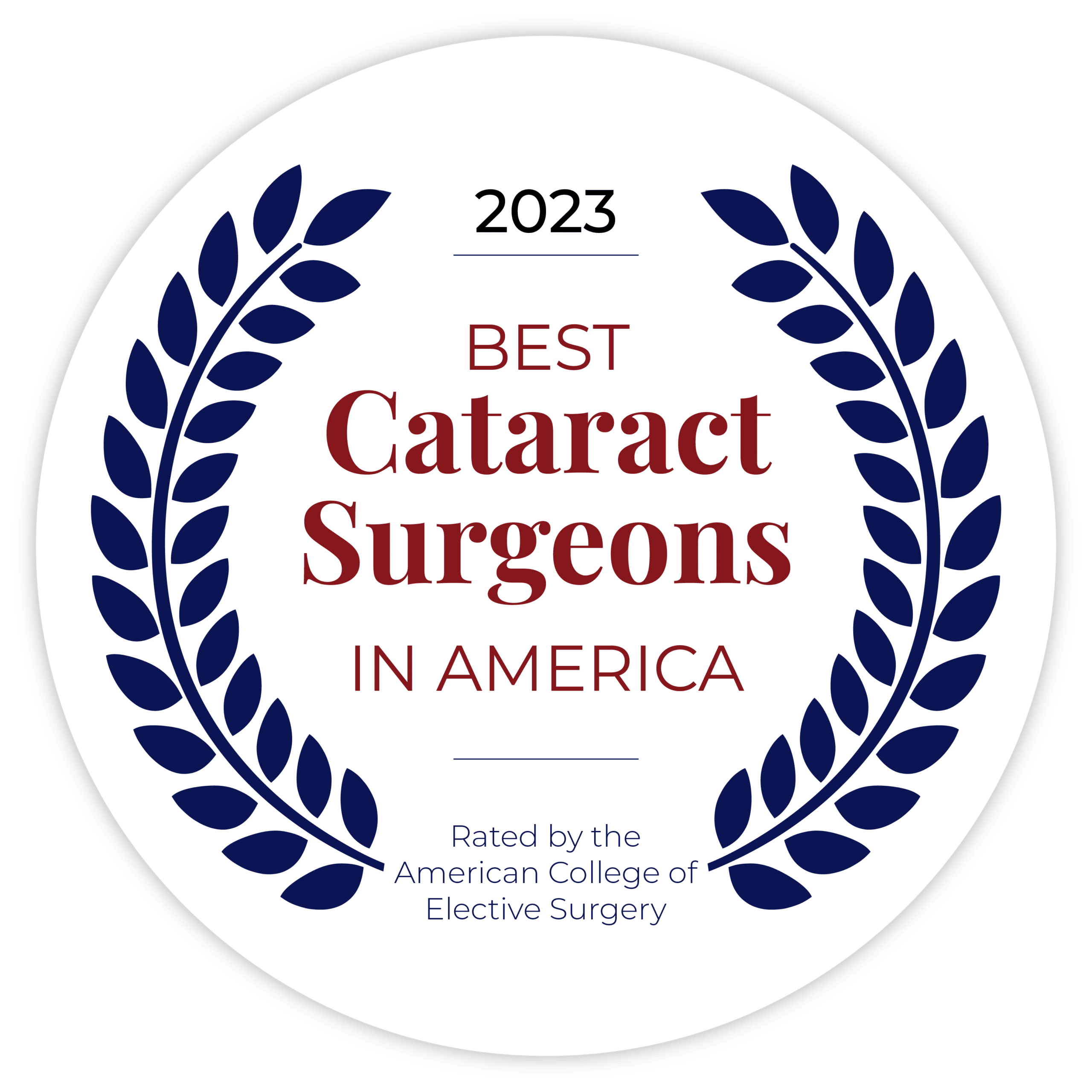Undergoing cataract surgery can be daunting, especially when it comes to understanding the costs involved.
This blog provides information on the costs and insurance coverage for IOL implants.
What are Cataracts?
Cataracts occur when the lens of your eye becomes cloudy, leading to impaired vision that cannot be corrected with glasses or contact lenses. They are commonly associated with aging but can also result from injury or illness. Cataract surgery involves removing the clouded lens and replacing it with an artificial one, known as an IOL implant.
The Role of IOL Implants in Cataract Surgery
IOL implants are artificial lenses used to replace the eye’s natural lens during cataract surgery. These implants play a critical role in restoring clear vision. Unlike traditional lenses, modern IOL implants can also correct astigmatism and reduce the need for glasses or contact lenses post-surgery. Ophthalmologists in Reno frequently recommend IOL implants for their effectiveness and versatility.
Understanding IOL Implant Costs
The cost of IOL implants can vary greatly. It depends on factors such as the type of IOL chosen, the complexity of the surgery, and the healthcare provider.

Different Types of IOL Implants
There are various types of IOL implants, including monofocal, multifocal, and toric lenses. Monofocal lenses are the most basic type and are usually covered by insurance plans. Multifocal and toric lenses offer additional benefits, such as correcting presbyopia and astigmatism, but come with higher costs.
How the Type of IOL Implant Impacts the Costs
The type of IOL implant you choose significantly impacts the overall cost. Monofocal lenses can cost $1,000 to $3,000 per eye, while multifocal and toric lenses can cost $2,000 to $4,000 per eye. The choice of lens will depend on your specific vision needs and budget.
Factors Influencing the Overall Cost
Besides the lens type, several factors affect the total cost of IOL implants. These factors include:
- The surgeon’s fees
- Facility charges
- Any additional pre- or post-operative care
- Anesthesia costs
- Follow-up visits
For instance, highly experienced ophthalmologists in Reno might charge more for their expertise. However, this often results in better outcomes, fewer complications, and higher patient satisfaction. Additionally, the facility’s location and the clinic’s reputation can also impact the overall cost.
Insurance Coverage for IOL Implants

What is Typically Covered for Cataract Surgery Under Standard Insurance Plans
Understanding the extent of insurance coverage for IOL implants is crucial for managing expenses associated with cataract surgery. Generally, basic monofocal IOL implants are covered by most insurance plans, including Medicare, as they are considered medically necessary. These basic lenses provide clear vision at a single focal point, usually distance vision, and are standard in cataract surgery.
However, premium IOL implants like multifocal, light adjustable lenses, and toric lenses often fall under elective enhancements. Since they offer additional benefits beyond restoring basic vision, insurance companies typically do not cover the extra costs associated with these advanced lenses. Patients opting for multifocal or toric lenses should be prepared to pay out-of-pocket expenses, which can increase the total cost of the surgery.
Tips for Maximizing Insurance Coverage for IOL Implants
It is essential to be proactive to maximize your insurance coverage for IOL implants. Start by consulting with your insurance provider to understand what is covered under your plan. Pre-approval processes can often save you from unexpected out-of-pocket expenses.
Additionally, some insurance companies offer supplemental plans specifically designed to cover premium lens costs and other advanced eye care services.
Trust Our Expert Ophthalmologist
Navigating the cost considerations and insurance coverage for IOL implants can seem overwhelming, but understanding your options can make the process smoother. From selecting the right type of IOL implant to maximizing your insurance benefits, each step requires careful planning and consultation with experienced ophthalmologists in Reno.
If you need cataract surgery, Eye Care Professionals are here to guide you through every step. Contact us today to book an appointment for a better vision.











